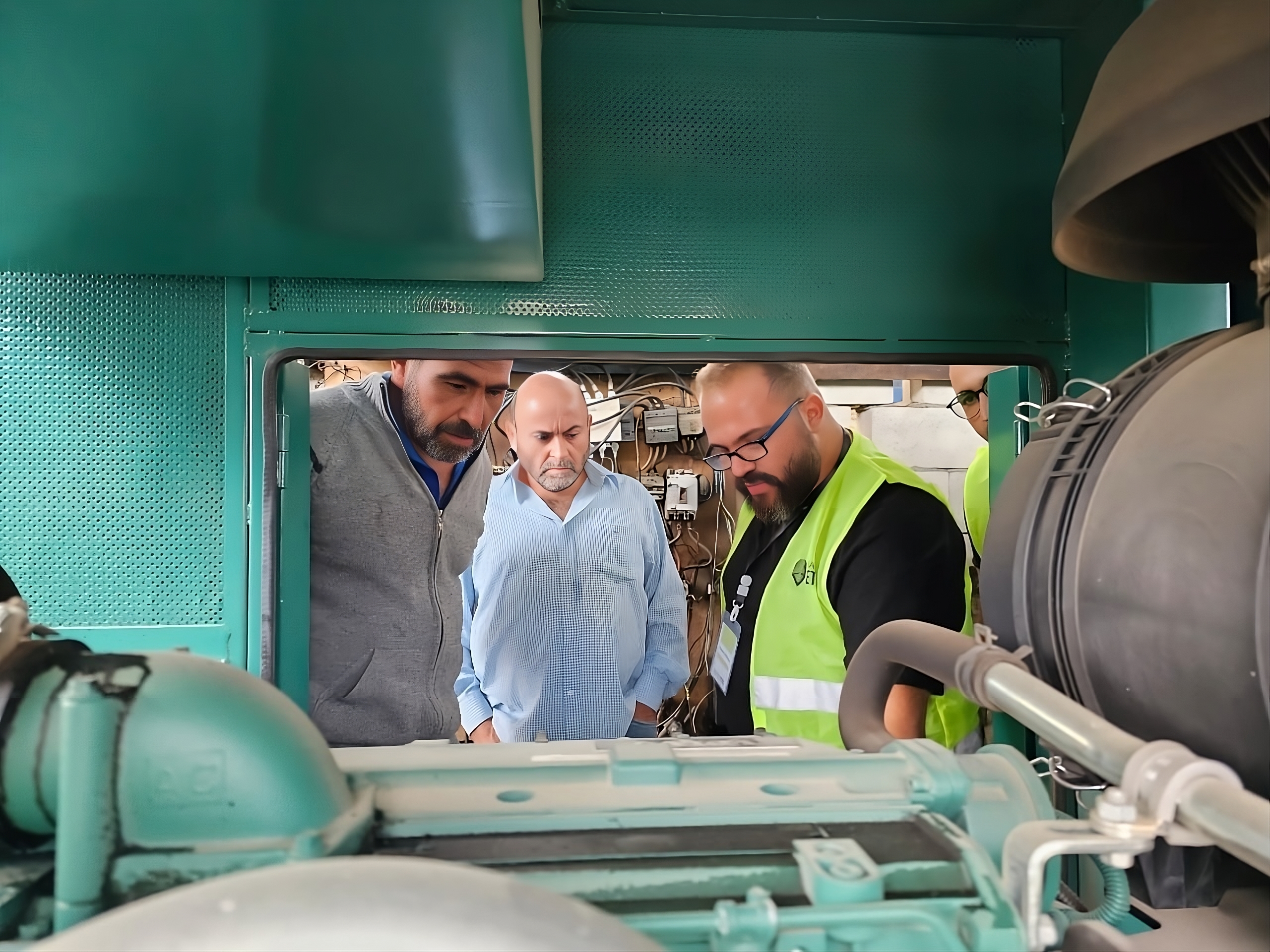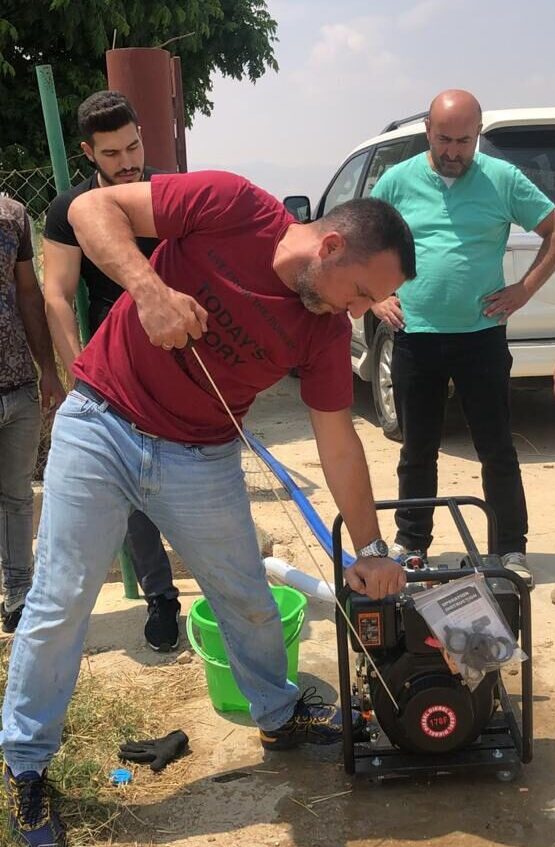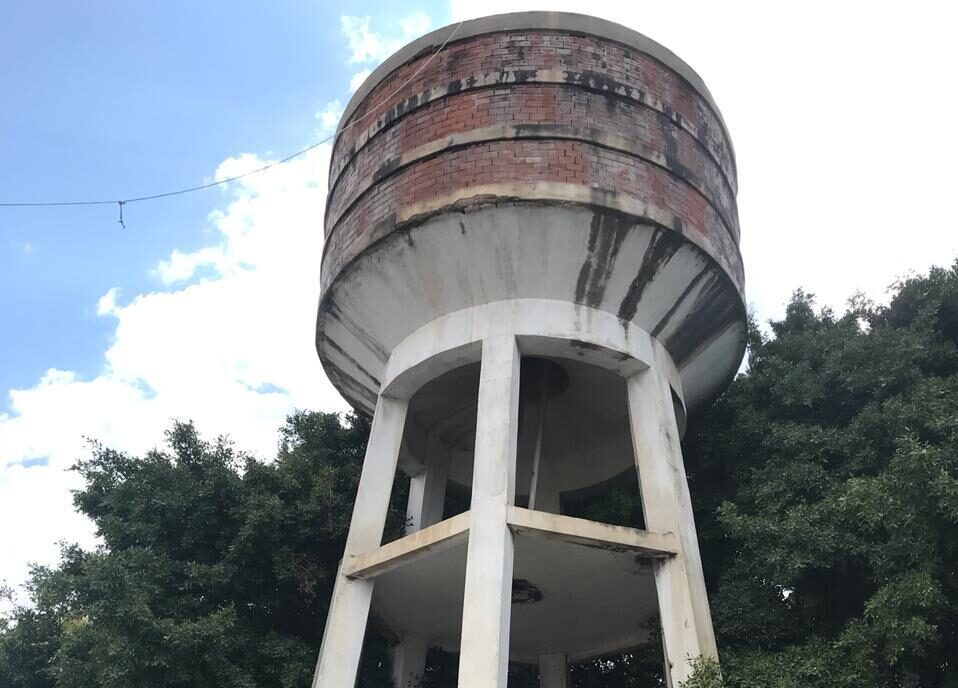Case Study
Transformational Change in Lebanon’s Water Monitoring and Waste Management
Reducing Instability Through Data-Informed Public Service Delivery
Environmental Management

The Challenge
Despite advances in rebuilding Lebanon’s physical, social, and economic infrastructure, many citizens experience inadequate access to public services and limited economic opportunities. The Syrian conflict placed an additional strain on communities, significantly reducing cross-border trade and bringing an estimated 1.5 million refugees to Lebanon. In response, Chemonics supported municipalities in providing better services and enhanced economic opportunities. These services and opportunities were designed to improve the lives of those in underserved and vulnerable communities and decrease the drivers of tension that may contribute to conflict and violence.Our Solution
Tech-Enabled Solutions for Data-Driven Service Delivery
In order to improve water resource management and clean water service, Chemonics introduced a number of tech-enabled solutions, including:
- Multi-spectral and radar satellite imagery detect changes in water bodies, aquifer levels, and watershed health.
- Geospatial data platforms aggregate satellite inputs with local sensor data, enabling dynamic visualization and analysis.
- AI-driven anomaly detection flags irregularities in water quality, flow rates, and usage patterns.
The introduction of these tools enabled improved environmental management across multiple areas:
- Water resource management: These tools enabled the government to track water availability and consumption trends across municipalities, which in turn informed infrastructure planning, such as the placement of elevated water tanks in areas like Bqasta and Jinjlaya. The data also informed emergency response, including wildfire-related water network repairs in Mount Lebanon, and enabled predictive maintenance by identifying stress points in water delivery systems – before failures occur.
- Waste management. Chemonics supported integrated solid waste management systems to address urban waste challenges and promote environmental sustainability. Specifically, Chemonics deployed satellite-based water monitoring tools using remote sensing technologies and geospatial analytics to assess hydrological conditions. These systems were integrated with local data platforms to enhance accessibility and utility for stakeholders. In Lebanon, the waste management initiative included digital mapping of waste flows, community-based recycling programs, and infrastructure upgrades for waste collection and processing.
- Infrastructure planning: Chemonics meticulously identified and selected six medium-to-large-scale infrastructure interventions that will mitigate 42,000 cubic meters of wastewater per day, benefiting some 390,000 underserved residents. We also supported regional water authorities in assessing potential wastewater projects’ design and feasibility and training institutions on resource mobilization.
- Disaster preparedness. In El Qaa, a village home to 13,000 permanent and seasonal Lebanese residents and 25,000 registered Syrian refugees, recurrent flooding often damages the village’s ill-equipped public infrastructure and informal tented settlements. This exacerbated tensions between Lebanese residents and Syrian refugees. Chemonics provided the village with suction pumps to remove floodwater from narrow streets and informal tented settlements, enabling the municipality to prevent flood damage to 2,150 properties. We also delivered a two-part training for municipal employees on how to operate and maintain the pumps safely. Ensuring that the removal of floodwater remains sustainable is critical to avoiding future flooding for the entire community.


The Impact
Innovative, Scalable Solutions for Environmental Sustainability
This multifaceted approach resulted in the following improvements:
- Improved water resource management and early warning systems for drought and pollution.
- Enhanced capacity of local governments and communities to manage water and waste sustainably.
- Reduction in landfill waste and increased recycling rates in targeted urban areas of Lebanon.
- Strengthened environmental governance and public-private collaboration.